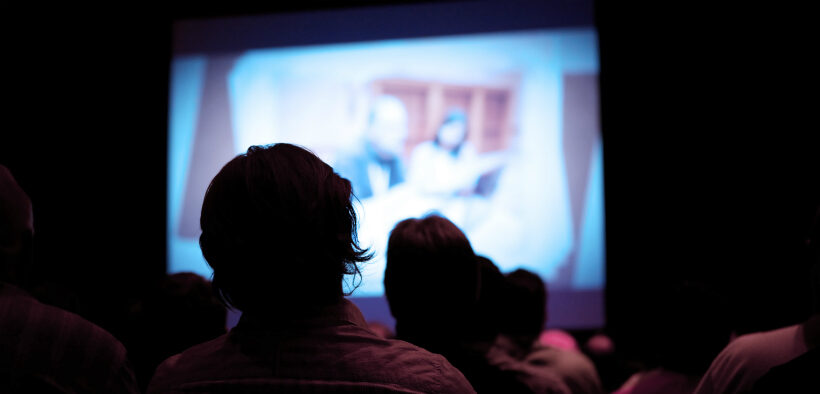This is a time of heightened and collective awakening. In response to the George Floyd murder, numerous other atrocities, and public outcries for change, universities have been called upon to respond. Specifically, instructors are encouraged to enhance attention to diversity in their courses and facilitate discussions about racism and social justice. Students are seeking opportunities to engage in these conversations, and many are disappointed when space is not created for these discussions.
Using Movies to Facilitate Discussions about Racism and Social Justice: Five Considerations

Related Articles
I have two loves: teaching and learning. Although I love them for different reasons, I’ve been passionate about...
For some of us, it takes some time to get into the swing of summer. Some of us...
About a year ago, I decided to combine the ideas of a syllabus activity and a get-to-know-students activity....
The use of AI in higher education is growing, but many faculty members are still looking for ways...
Imitation may be the sincerest form of flattery, but what if it’s also the best first step to...
Higher education has long recognized the value of Socratic dialogue in learning. Law schools traditionally adopt it in...
After 35 years in higher education, I continue to embrace the summer as a prime opportunity to strengthen...








